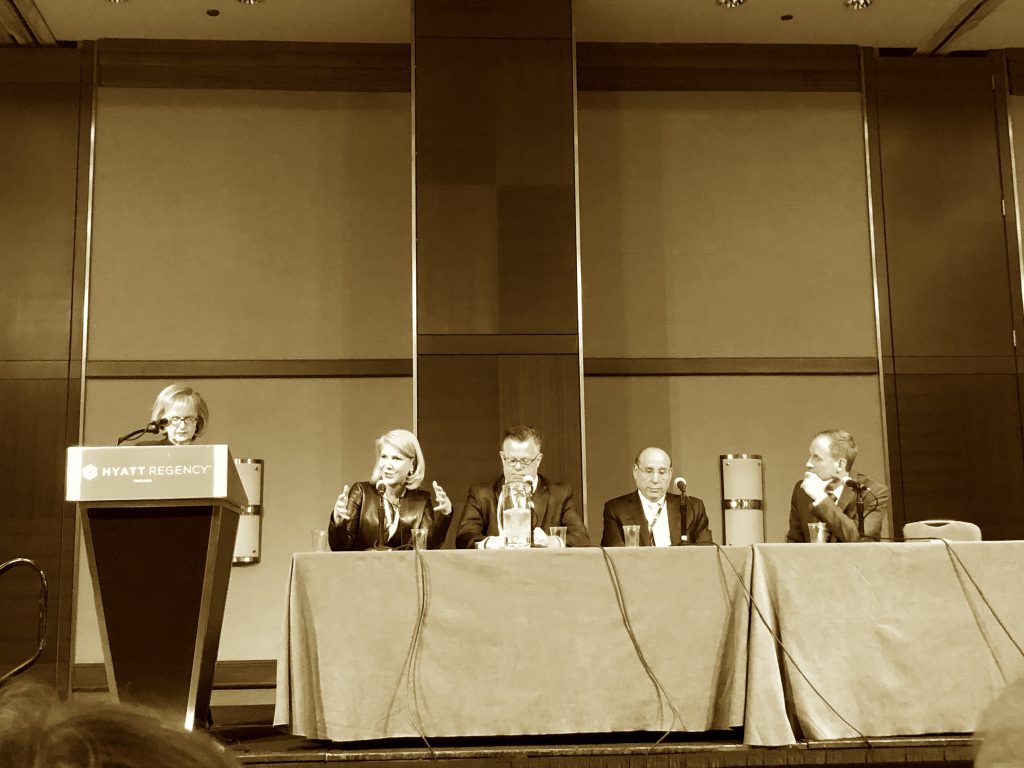Key themes emerged from the meeting:
- Treating patients as customers – The move to think of patients more like customers who have choice in where they receive care.
- Service rationalization – Streamlining services within a market or system to reduce duplication, increase efficiency and optimize/leverage scale. This is a very interesting topic to us because MedSpeed and our patient transportation partner, Ride Health, can have a direct impact.
- Disruption – Healthcare executives are becoming even more aware of the fact that they either need to disrupt the way they currently do business or others are going to come in and do it for them.
- Partnerships – The importance of forming partnerships (clinical and non-clinical) instead of trying to do everything themselves.
- Margin challenges – The challenges associated with increasing costs and lower reimbursement. Specifically, how to balance the need to move care to outpatient settings with the lower reimbursements for services provided in those locations.
- Social determinants of health – The idea that solving the food, transportation, housing and other social challenges that patients face will lead to better health.
Another theme that was repeated in other discussions throughout the week, was that when it comes to acquisitions, every system, region and circumstance is different. The consensus was that while scale can be beneficial, health systems need to understand their limits and not take on more than they can handle.
Clearly, greater scale has the potential for upside, but only if it’s properly managed, leveraged and optimized. Clinical integration and high-quality patient care depend on a solid infrastructure that can be leveraged appropriately as systems grow.
It was a great four days of learning. I’m already looking forward to next year’s meeting.
